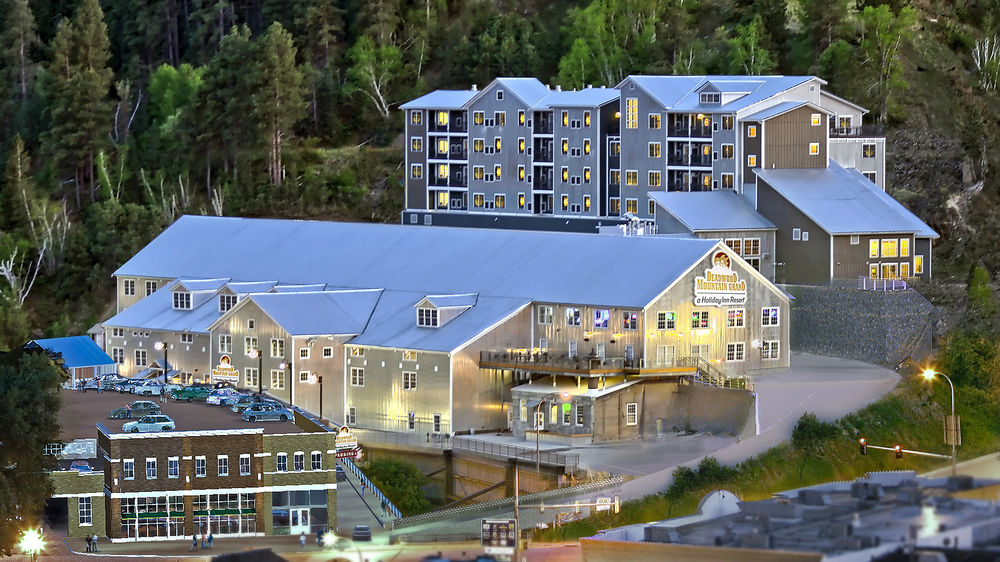Financiers of the Deadwood Mountain Grand resort are suing a group of developers that turned the former Homestake gold mining slime plant in overlooking Deadwood, South Dakota into a luxurious hotel and casino with 100 rooms and over 200 casino games.
SDIF Limited Partnership 2, provided $32,500,000 in two tranches; one for $28m and the other for $4.5m. The money came from individual immigrant investors willing to stake at least $500,000 each in the project for a chance to secure U.S. residency. Potential investors are vetted and the process is handled by the United States Citizenship and Immigration Services, a division of Homeland Security.
The limited liability company being sued is Tentexkota LLC. The group includes several businesses as well as country music performer W. Kenneth “Big Kenny” Alphin. Tentexkota has filed a competing lawsuit in federal civil court claiming that the guarantees they signed violate federal law and should be not be enforced, according to a report by the Associated Press.
Congress created the EB-5 visa program in 1990 to stimulate the U.S. economy through job creation and capital investment. The usually successful program provides a pathway to immigration for those who invest in projects that have been thoroughly vetted and approved for economic revitalization in areas that need redevelopment or new development in order to create or maintain jobs and tax revenues. The program is used in economically challenged areas.
The EB-5 Immigrant Investor Program was used recently to develop the Lucky Dragon Hotel & Casino, which will open December 3 just off the Las Vegas Strip in an area that was considered blighted due to lack of new development associated with the great recession. It was also used, with controversy, to develop SLS Las Vegas Hotel & Casino and provided some $400 million in development funds there through the American Dream Fund.
The finance company suing Tentexkota is managed by Joop Bollen who was the administrator of South Dakota’s EB-5 visa program until 2009 when it was privatized and turned over to a business he founded. The state took over management of the company in 2013 and several irregularities were found before and after a state official associated with the company reportedly committed suicide as felony charges were being readied against him for theft.
The program can be a powerful vehicle for investment in local projects, but stringent guidelines must be followed. Some fear that the current lawsuits, as well as past performance, will scuttle the program in South Dakota. Last year the U.S. Citizenship and Immigration Services (USCIS) came to the conclusion that the state’s regional EB-5 center was not promoting economic growth and that its administrators had failed to file required information with the USCIS, according to media reports.
Bollen has been charged with financial misconduct for previous money transfers involving the program and has pleaded not guilty. A criminal trial in that case is set to begin in February.
If the competing lawsuit by Tentexkota LLC is successful, the eight members of the group will not be held personally liable for the $32.5 million they guaranteed, leaving their limited liability company shell to liquidate and avoid any responsibility for the immigration seekers’ funds, painting a black mark on the more than quarter century old program with unknown consequences in the coming anti-immigration Trump administration.



